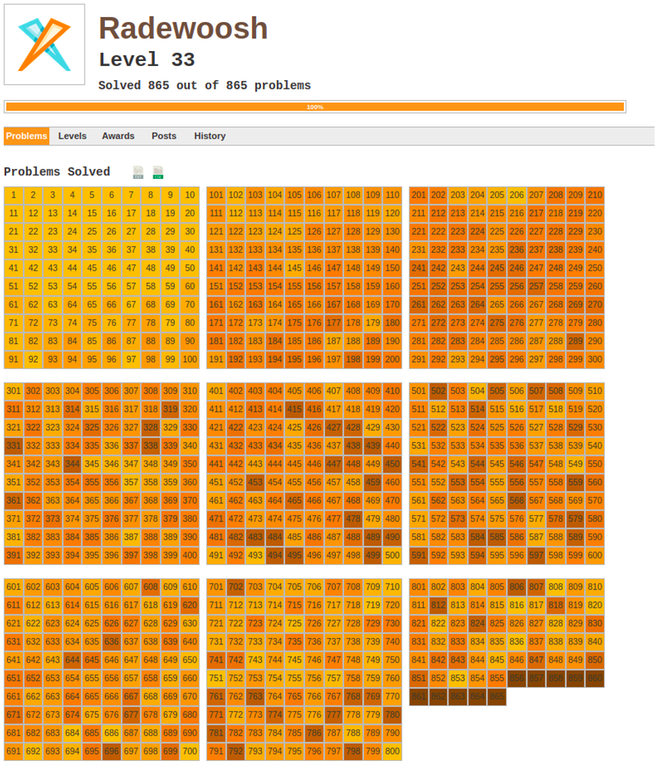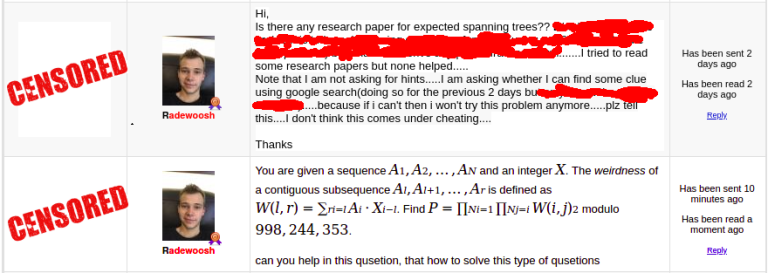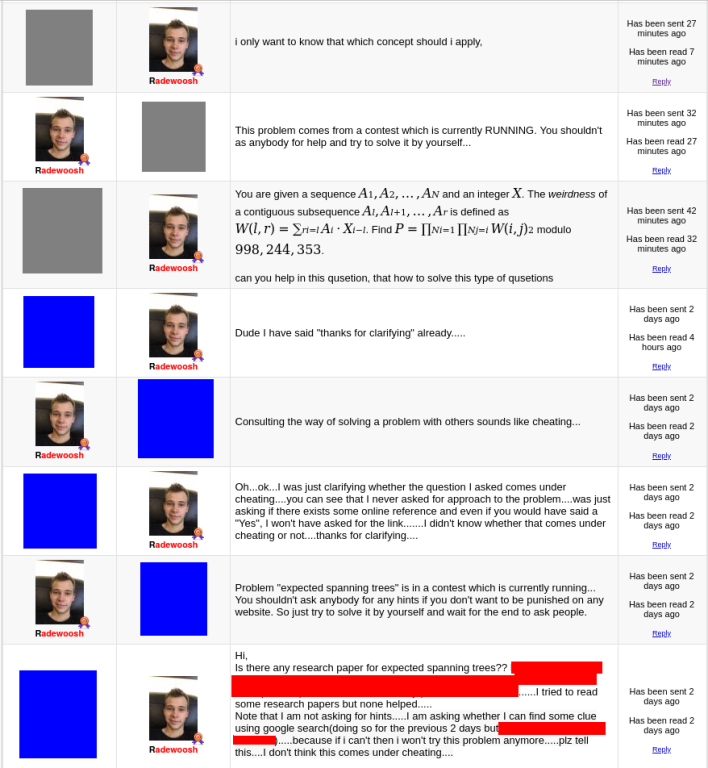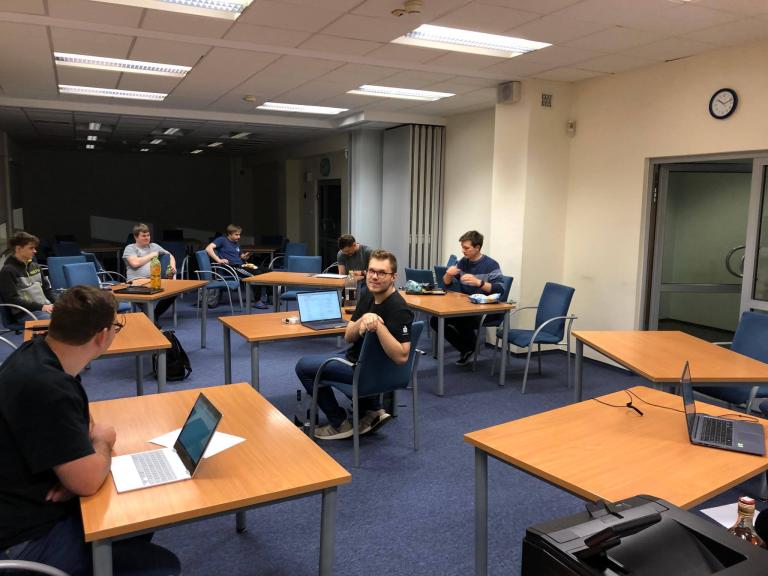Hello Codeforces! I wanted to invite you (just like last time) to participate in the 2nd Stage of the 3rd Universal Cup, which will be held from June 15th to 16th.
The contest is made of problems from the finals of Potyczki Algorytmiczne (a.k.a. Algorithmic Engagements) from the last couple of years, which is the biggest open polish programming competition. Two such contest were created, one of them was held last season and in the upcoming weekend you'll be able to face the second of them.
If you participated in any of the PA2020, PA2021, PA2022 or PA special edition finals, or happen to know the problems, please don't compete in this contest. Also note, that this contest was previously used on OCPC 2024 Winter, so if you participated in this camp, please don't compete now.
Problems used in the upcoming contest are authored by me, Asymmetry, Marcin_smu, and monsoon. Also a huge round of applause for kostka, who helped a lot in organization of each edition of PA, coordinated this contest and translated all the statements!
You can participate in the contest in the following time windows:
08:00 (UTC +8) on Saturday ~ 13:00 (UTC +8) on Saturday
10:00 (UTC +8) on Saturday ~ 15:00 (UTC +8) on Saturday
13:00 (UTC +8) on Saturday ~ 18:00 (UTC +8) on Saturday
16:00 (UTC +8) on Saturday ~ 21:00 (UTC +8) on Saturday
19:00 (UTC +8) on Saturday ~ 24:00 (UTC +8) on Saturday
21:00 (UTC +8) on Saturday ~ 02:00 (UTC +8) on Sunday
23:00 (UTC +8) on Saturday ~ 04:00 (UTC +8) on Sunday
02:00 (UTC +8) on Sunday ~ 07:00 (UTC +8) on Sunday
You can find all the information about the upcoming stages here: https://ucup.ac















